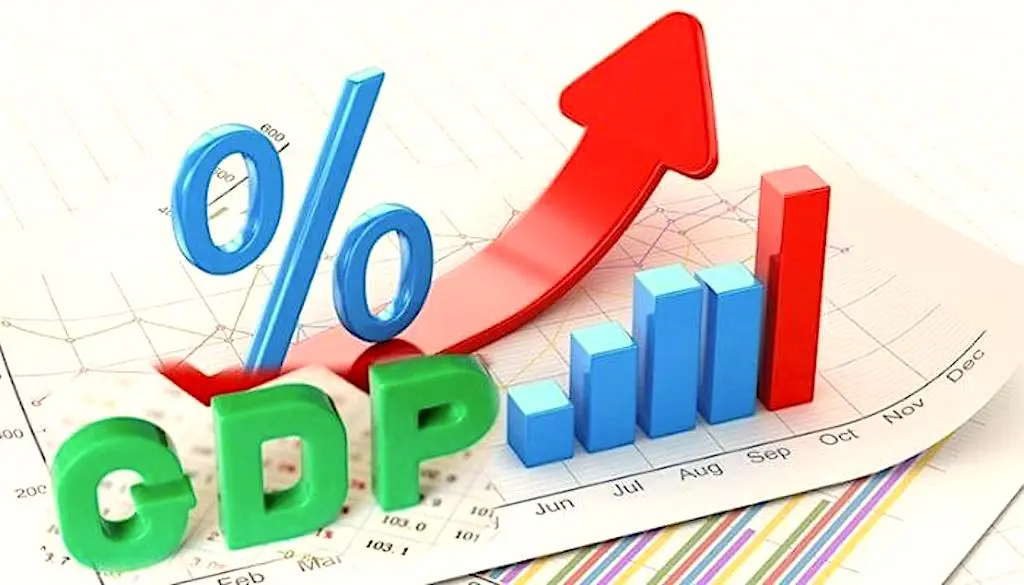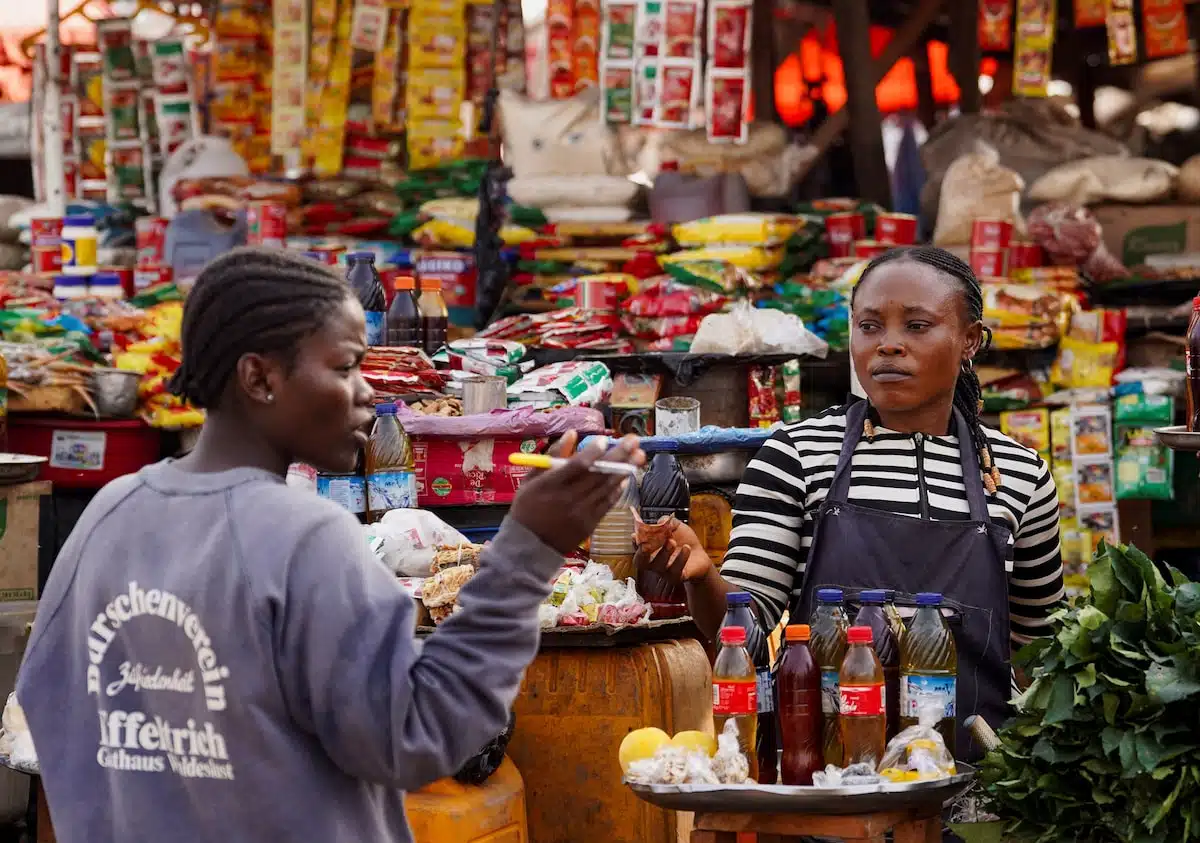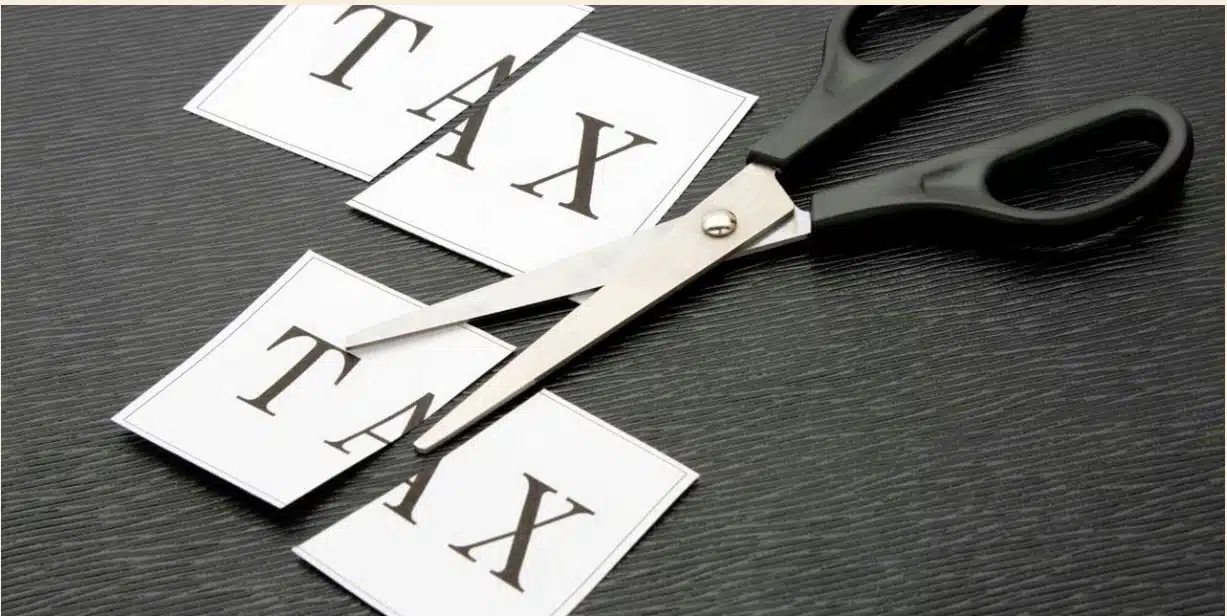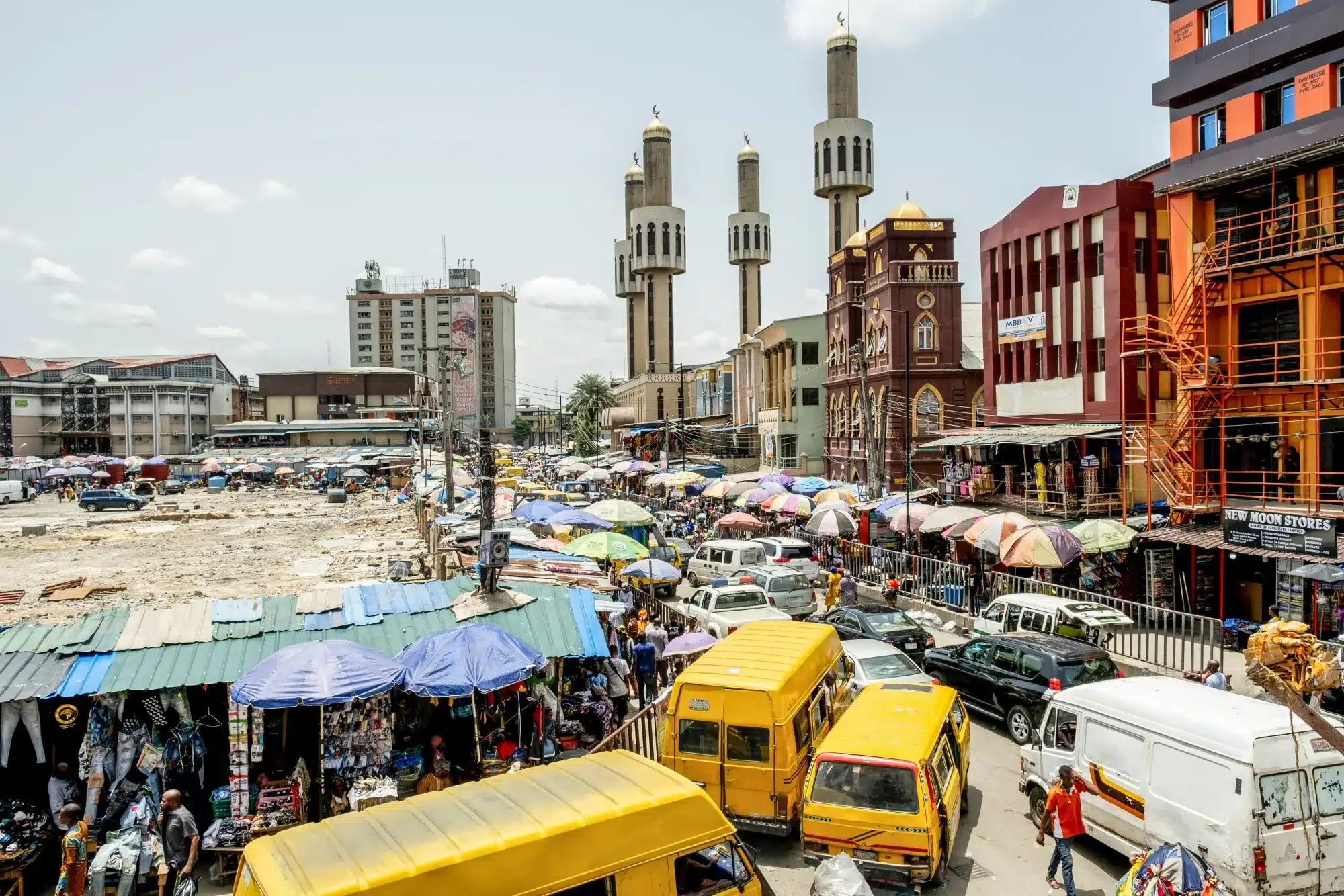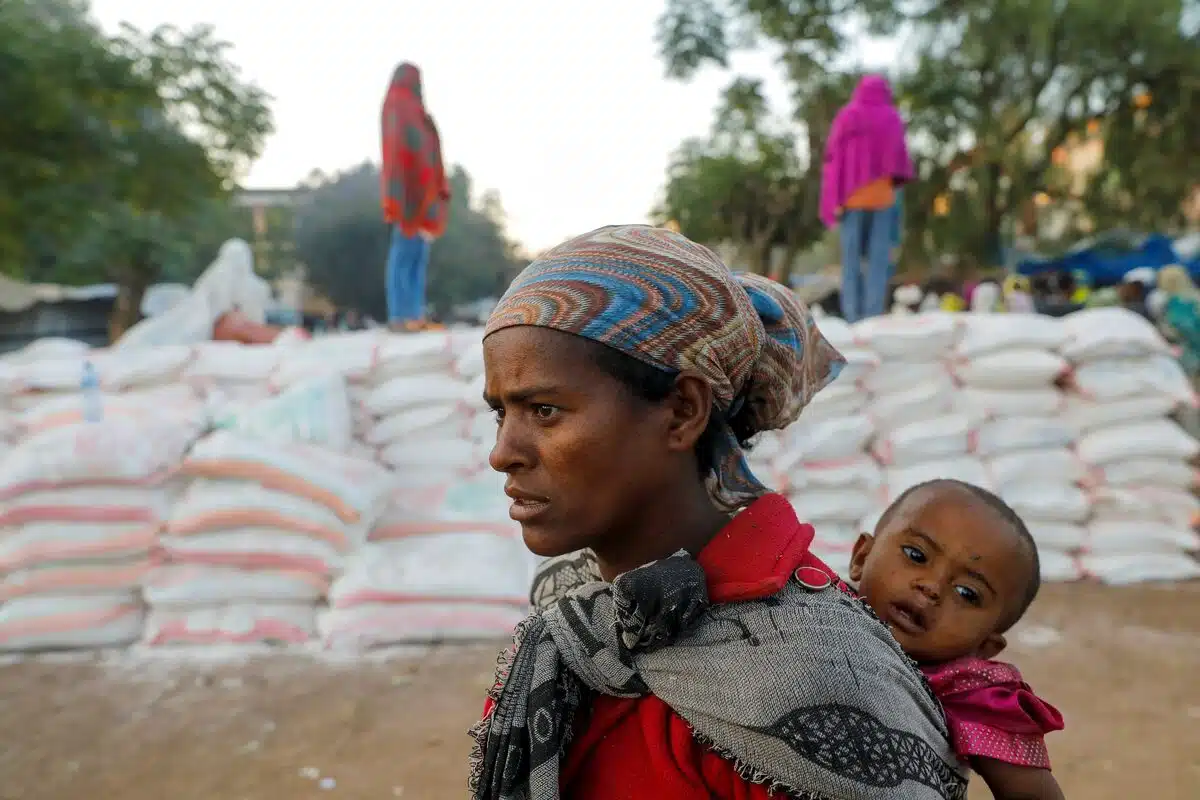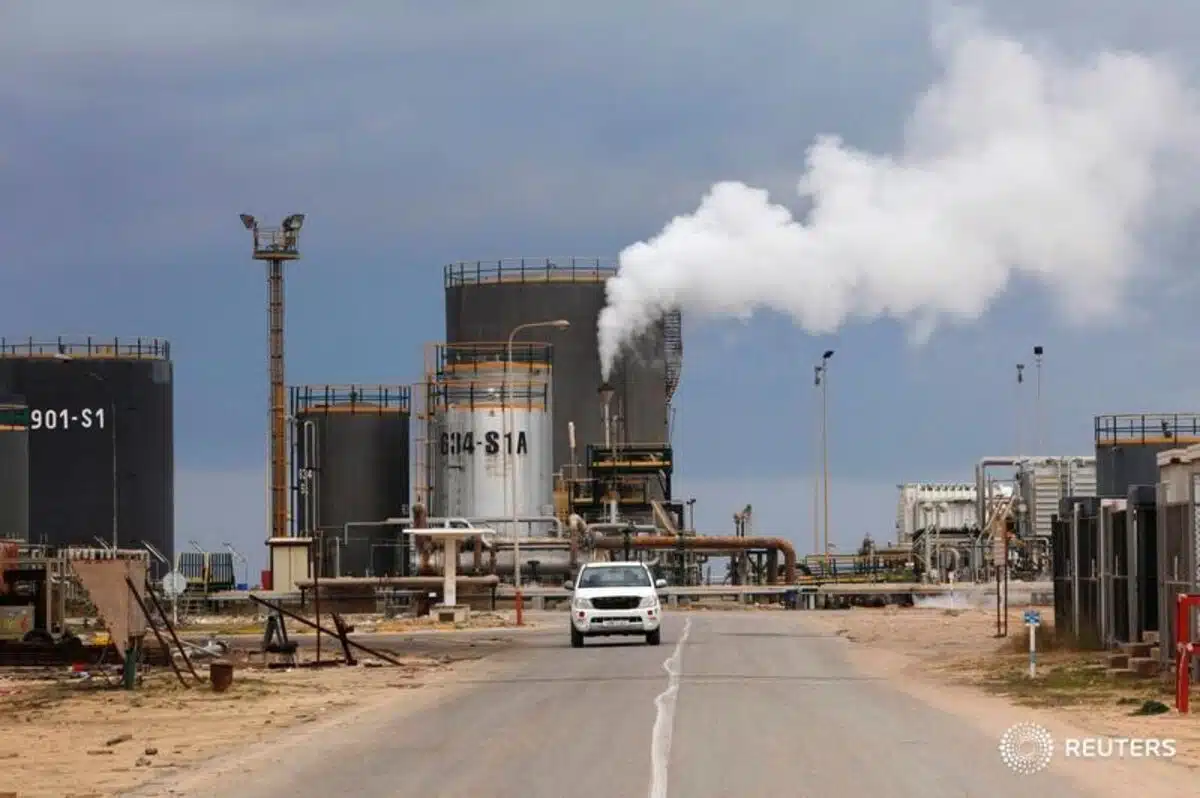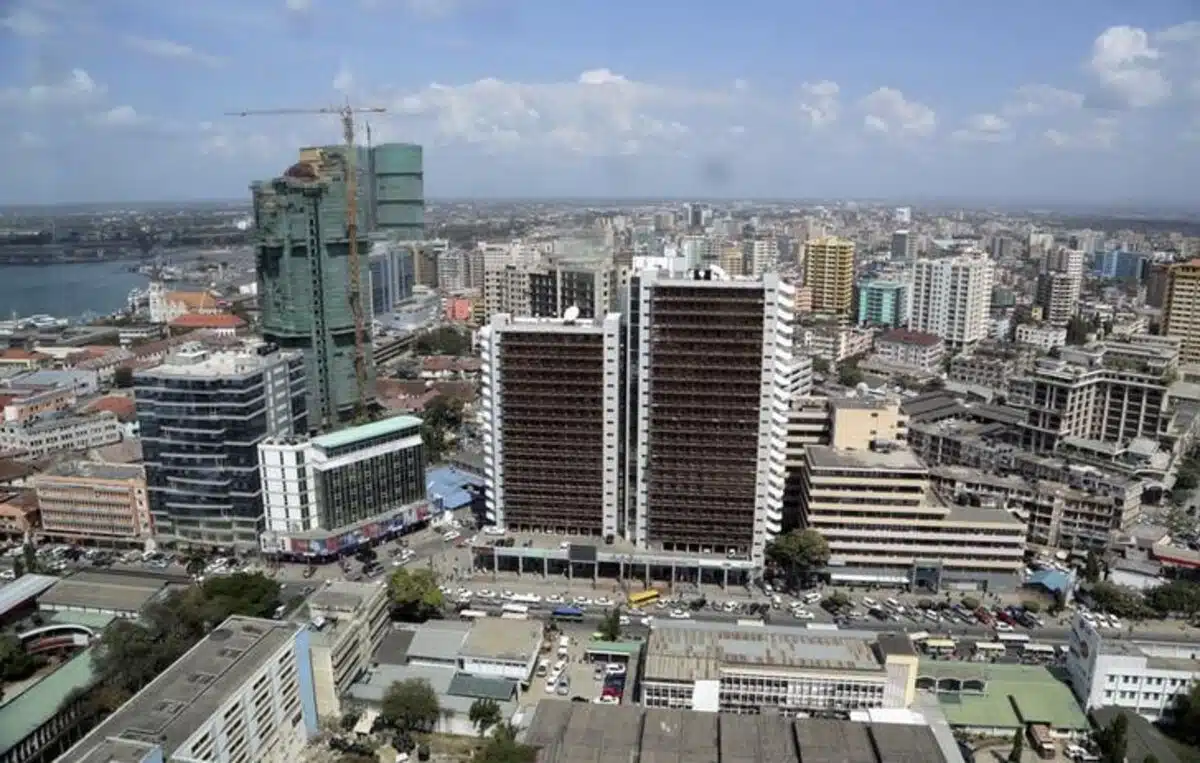The Centre for the Promotion of Private Enterprise (CPPE) has projected that Nigeria’s Gross Domestic Product (GDP) could reach an estimated $450 billion by the end of 2025, nearly doubling from $252 billion in 2024, provided the economy avoids major disruptions.
The projection comes a few weeks after the National Bureau of Statistics (NBS) published the rebased full-year 2024 and Q1 2025 GDP figures.
“As the Nigerian economy progressively recovers from the shocks of recent reforms, we estimate GDP could hit $450 billion by year-end,” said Muda Yusuf, founder and CEO of CPPE, in a statement on Sunday. “However, achieving this projection will require a stable macroeconomic environment and targeted support for underperforming sectors.”
According to the NBS, Nigeria’s nominal GDP stood at ₦372.82 trillion in 2024, representing a 41% increase over 2019’s nominal GDP of ₦205.1 trillion. Despite the rise in naira terms, exchange rate depreciation saw dollar-converted GDP fall from $668.3 billion in 2019 to just $252 billion in 2024.
In Q1 this year, growth moderated slightly to 3.13%, with output valued at ₦94 trillion ($61.8 billion). The cumulative GDP at the end of Q1 was approximately ₦466 trillion, or $300 billion, based on current exchange rates.
CPPE flagged concern over sluggish growth in key real sectors. Agriculture grew by just 0.7%, while manufacturing expanded by 1.7% in Q1 2025. “These sectors are vital for job creation, economic security, and inclusive growth, but remain far below potential,” the think tank noted.
A breakdown of sectoral performance showed 37 sectors recorded positive growth, while nine contracted and three remained in recession. Top-performing industries included metal ores (25%), financial services (15.3%), transportation (14.1%), and ICT (7.4%). On the other end, coal mining (-22.3%), livestock (-16.7%), and textiles (-1.63%) were among the worst performers.
Despite contributing 96.0% to GDP, the non-oil sector remains under-represented in government revenue. CPPE urged reforms to improve productivity and revenue mobilisation across this segment.
Post-rebasing, agriculture’s share of GDP rose to 25.8%, services increased to 53.1%, and real estate climbed to the third-largest contributor at 10.8%, behind crop production and trade.
CPPE called for targeted interventions to stimulate struggling sectors, enhance innovation, improve access to finance, and strengthen national security. It also urged regular GDP rebasing to inform evidence-based policymaking.

